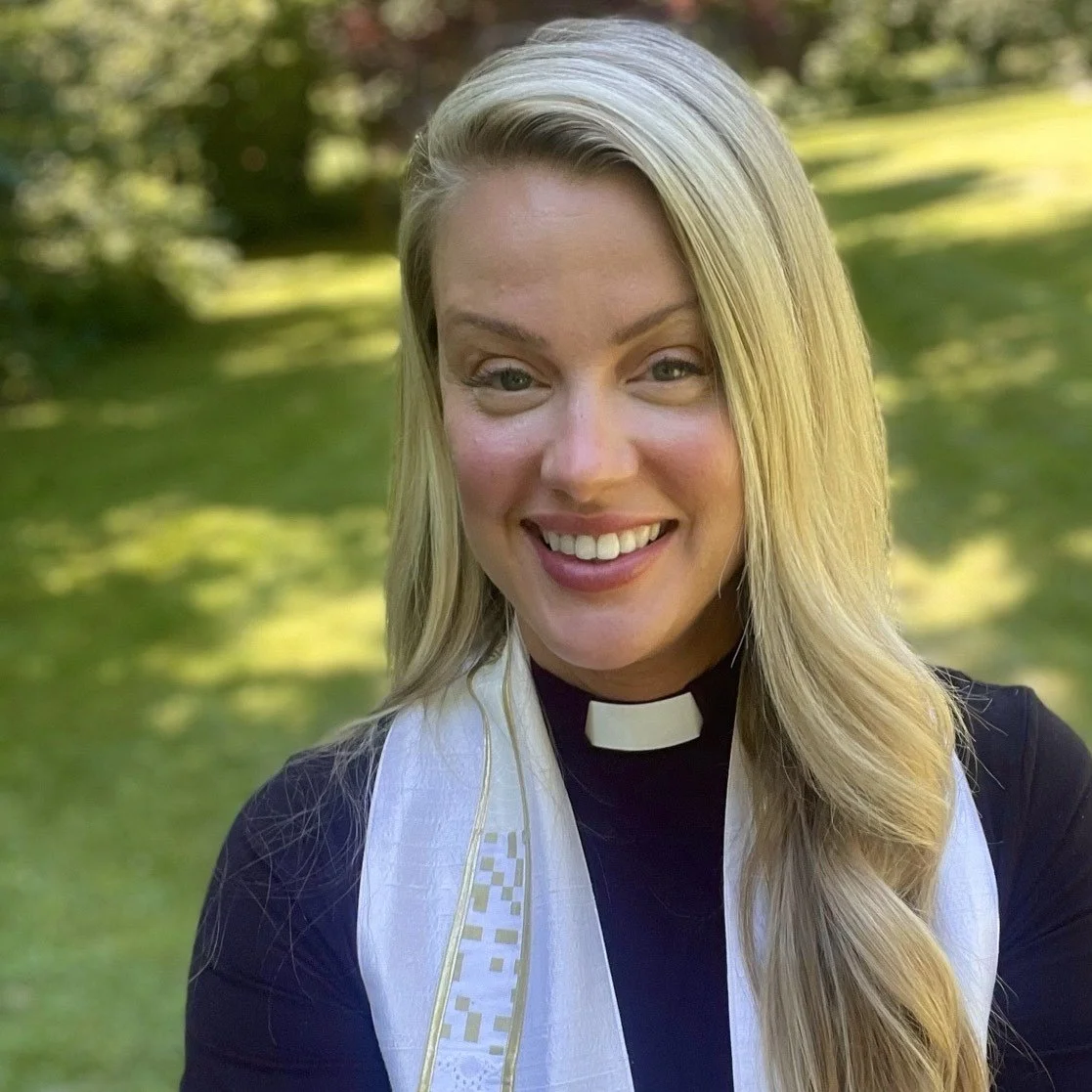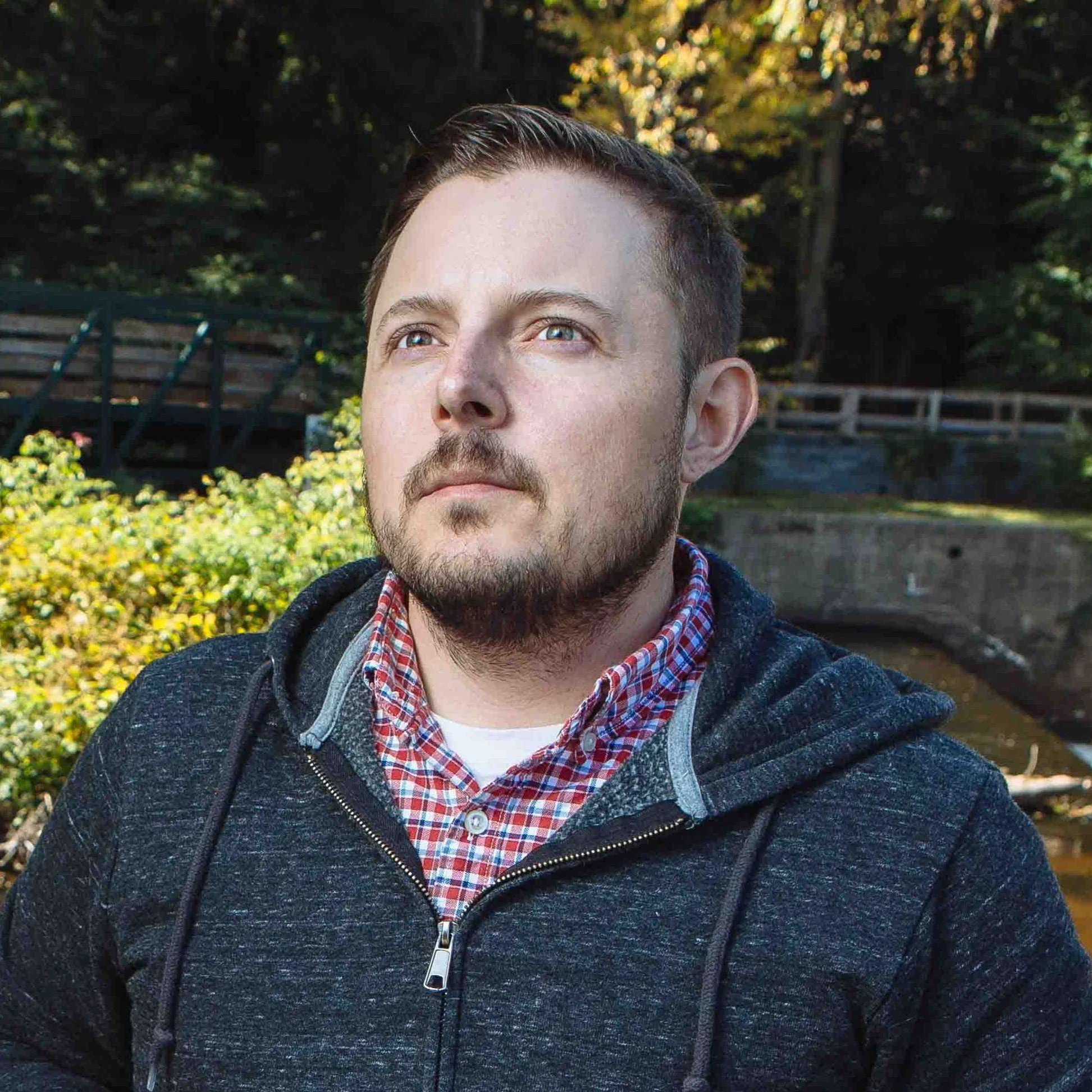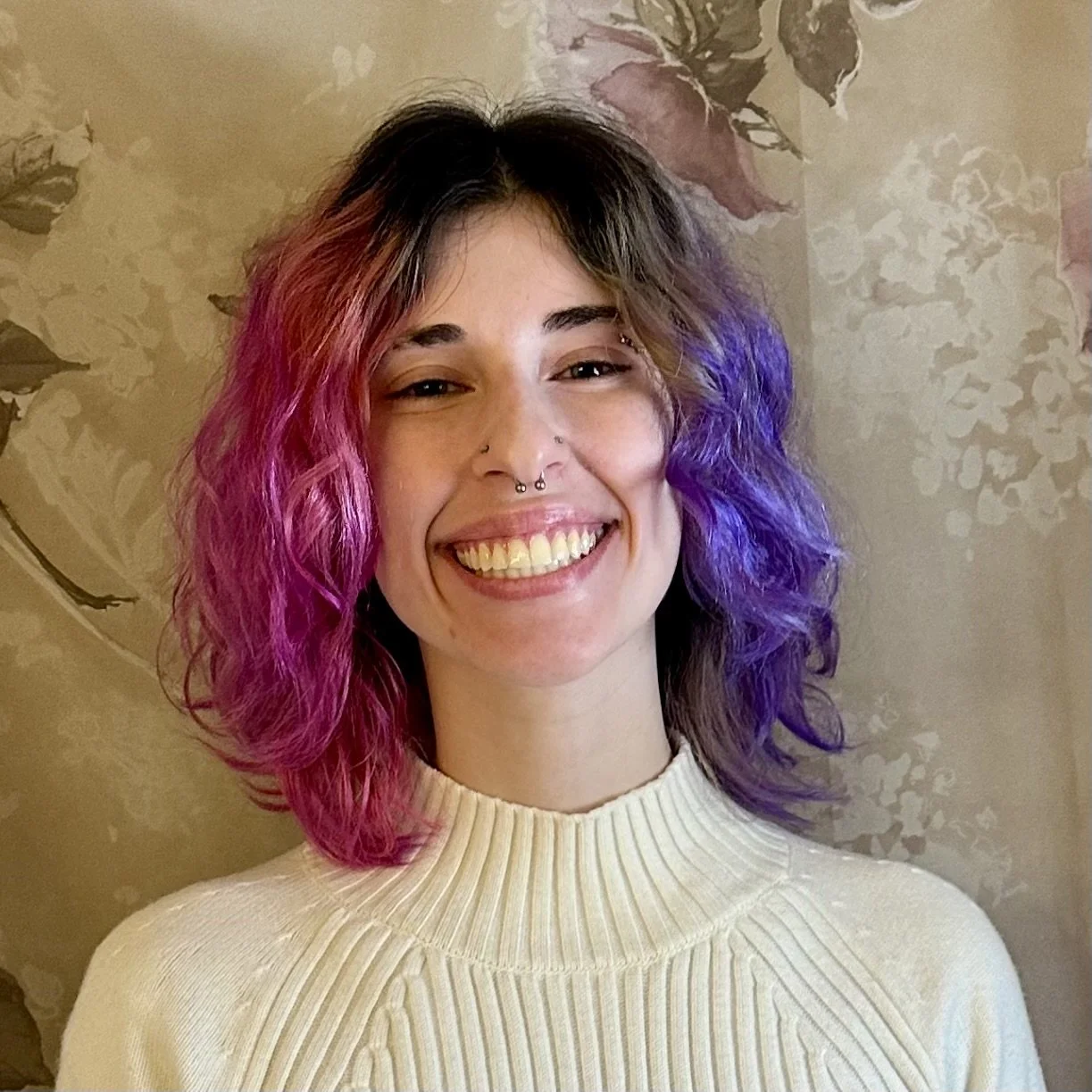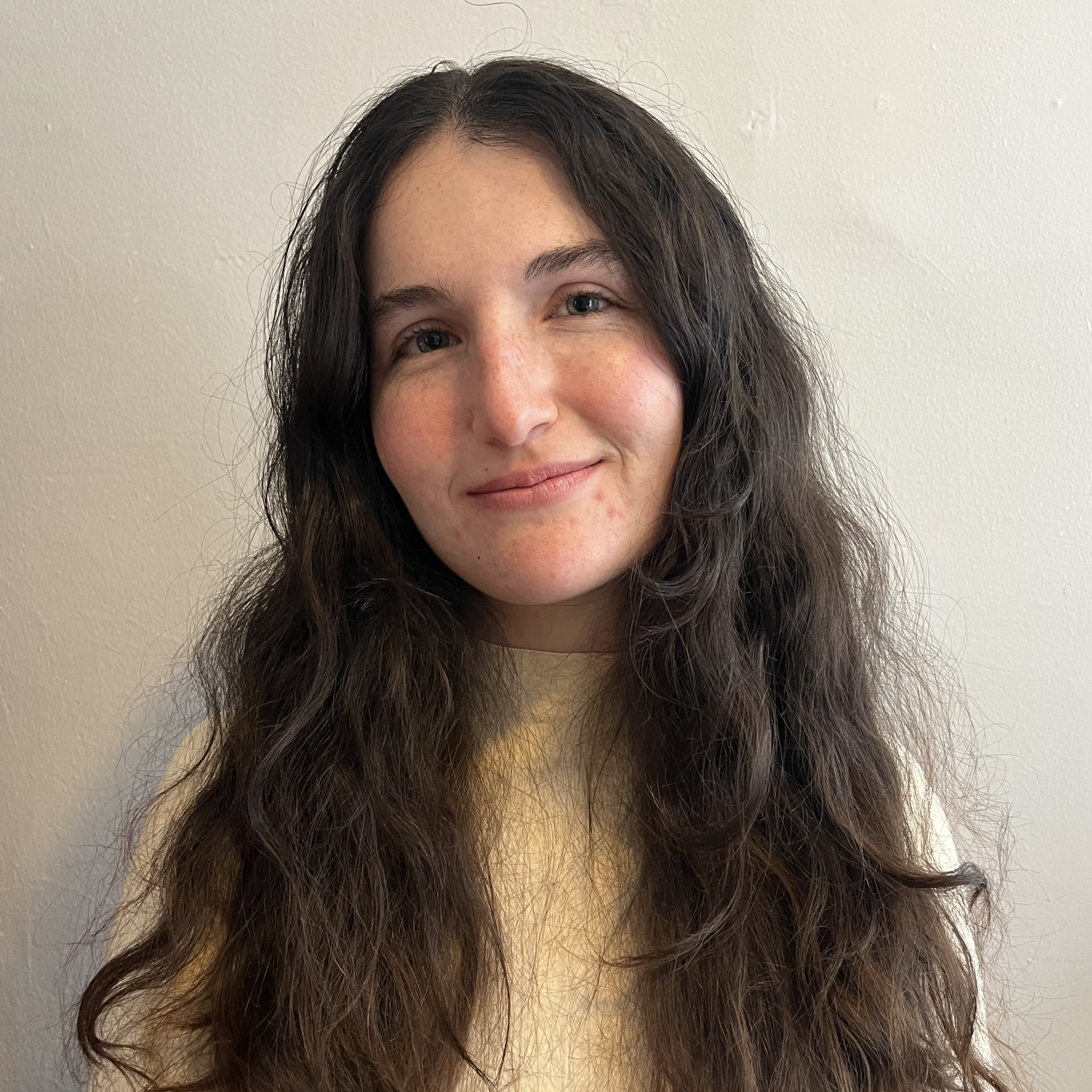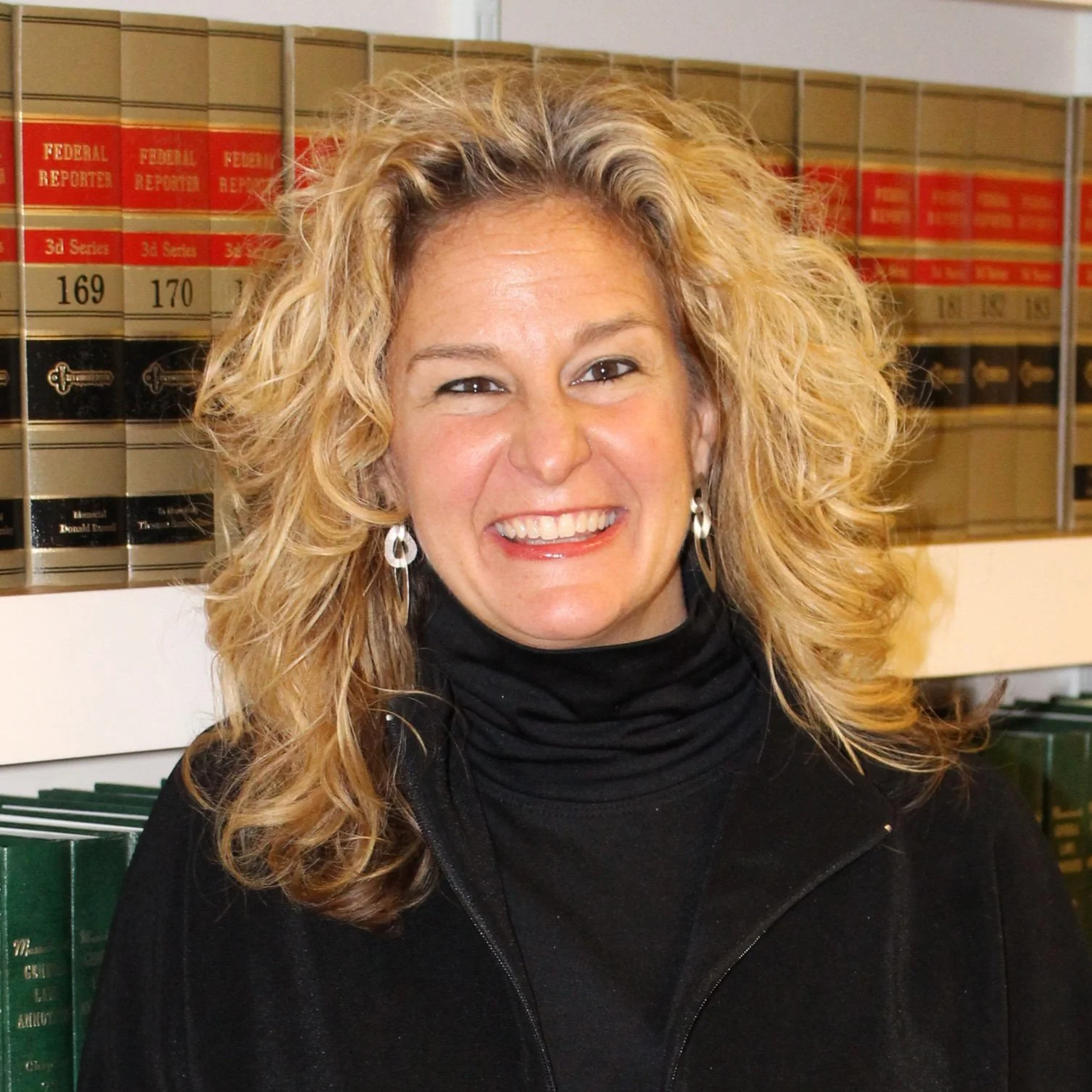MISSION
Our mission is to end plastic pollution everywhere.
ABOUT
Launched in January 2019 and based at Bennington College, Beyond Plastics pairs the wisdom and experience of environmental policy experts with the energy and creativity of grassroots advocates to build a vibrant and effective movement to end plastic pollution. We use our deep policy and advocacy expertise to build a well-informed, effective movement seeking to achieve the institutional, economic, and societal changes needed to save our planet, and ourselves, from the negative health, climate, and environmental impacts of the production, usage, and disposal of plastics.
GOALS
It will take changes at every level of our economy and civil life to stem the tide of plastic pollution. Individuals need to be moved to act in their personal lives and take action as part of a growing movement; corporations need to feel the pressure to initiate changes in their purchasing and packaging habits; governments need to impose bans and adopt laws that require extended producer responsibility; and new manufacturing of plastic has to be prevented from spreading. Beyond Plastics seeks to educate the media, policymakers, and the public on the plastic pollution crisis; encourage businesses to eliminate single-use plastics; train students to become leaders in the anti-plastics movement; and help block new plastic manufacturing and plastic burning facilities.
COMMITMENT TO ENVIRONMENTAL JUSTICE
Plastic pollution is a growing global environmental crisis that disproportionately burdens people of color around the world in a variety of ways. We stand in solidarity with these communities around the world and seek to find respectful and productive ways to lend our assistance in the struggle to end plastic pollution and environmental racism. Read more.
JOB OPENINGS
Nothing at this time.
STAFF
Judith Enck is the President of Beyond Plastics, a faculty member and senior advisor at Bennington College, and served as a Regional EPA Administrator under President Obama.
Kathryn is a graduate of Princeton Theological Seminary and served for a decade as Pastor of a progressive congregation, but the moral and spiritual urgency of our current ecological crises prompted her to leave the pulpit and dedicate herself to effective environmental solution
Johnathan is the Policy Director at Beyond Plastics and has over a decade of public policy and strategic communications experience in the nonprofit, government, and academic sectors.
Christina supports individuals in matching their passion to end pollution with philanthropic opportunities.
Eve is an expert in online advocacy, fundraising, and communications with more than 20 years experience advancing progressive causes.
Jenny has spent more than 30 years developing programs and conducting research, analysis, and legislative advocacy around recycling and green building.
Alexis Goldsmith is an energetic grassroots organizer, environmental advocate and independent media producer and journalist.
Diana brings her skills in management and knowledge of government and non-profit infrastructure to Beyond Plastics.
Cathy is a development professional based in New York City with 20+ years of donor stewardship, partnership building, and fundraising experience.
Susan is Beyond Plastics' Southern California Director covering portions of LA County, all of Orange County and Northern San Diego County, a densely populated area with more than 15 million people. She brings 30+ years of leadership experience working in the private sector, most notably with Oracle Corporation.
Rebecca is a passionate community leader and advocate with over 25 years of experience in environmental and civic work.
Suzette is a restaurateur turned plastic pollution advocate who brings a business-savvy approach to community organizing and public engagement.
Rita is an organizer and civil servant with a particular passion for environmental advocacy.
Melissa is a dedicated communications professional and accomplished writer who believes in the power of words to effect change.
ADVISORY BOARD
Jo banner co-founded The Descendants Project, where she channels her affection and knowledge into challenging systems, primarily legal systems that have exploited the descendants, such as herself, of those enslaved to plantations. She is now working to gain recognition of the burial grounds of the enslaved as sacred sites and aims to protect such sites and their communities from degradation, especially degradation caused by heavy industry.
Yinka N. Bode-George leads the strategy and management of Volt Energy Utility’s environmental justice and community impact practice. Prior to joining Volt’s team, she led the Environmental Health Program for the National Caucus of Environmental Legislators.
Robin Caiola is a New York-based development consultant and professional photographer. Ms. Caiola currently serves as the Chair of the Board of the Center for Science in the Public Interest the nation’s food and health watchdog which lobbies governments and corporations for a healthier food environment.
Ramón Cruz has over 20 years of experience intersecting the fields of sustainability, environmental policy, urban planning, energy and climate change. He has worked in the public sector in his native Puerto Rico as the Deputy Director of the Environmental Quality Board, the state environmental regulatory agency and as Commissioner of the Puerto Rico Energy Commission.
Mark Lichtenstein is the executive operating officer at the State University of New York, College of Environmental Science and Forestry (ESF), and a faculty associate in Syracuse University’s Program for the Advancement of Research on Conflict and Collaboration.
Bill McKibben is founder and senior adviser emeritus of 350.org. His 1989 book The End of Nature is regarded as the first book for a general audience about climate change, and has appeared in 24 languages.
Kirstie Pecci is the Executive Director of Just Zero. Previously, she was the Zero Waste Project and a Senior Attorney at Conservation Law Foundation. Kirstie is a former MASSPIRG Staff Attorney actively engaged in waste reduction and opposing the expansion of landfill and incinerator capacity.
Leslie Mintz Tamminen is the director of Seventh Generation Advisors, a nonprofit environmental organization in Santa Monica. In 2006, she founded the Clean Seas Coalition, where she spearheaded efforts to create and pass California’s SB270 law to ban single-use plastic bags.
Brian Thompson served as a journalist for five decades, more than half of that time as the New Jersey reporter for NBC NY, before retiring in May 2023. He then devoted himself full time to his true passion, caring for our Mother Earth.
Laurie Valeriano is Executive Director for Toxic-Free Future where she has worked since 1995. For more than 20 years, she has worked to pass strong environmental health policies at the state level.
Dr. Imari Walker is a research scientist at Research Triangle International (RTI). In 2021, Imari completed her PhD at Duke University investigating the release, transformation and effects of polymer associated chemicals within aquatic environments.
Monica Wilson is the Associate Director of GAIA U.S. and Global Programs Coordinator. Monica has worked with GAIA since 2002 and served as GAIA’s International Co-Coordinator for five years.
Harith Wickrema is board president of Island Green Living, a nonprofit with a 21 year legacy of expanding sustainability and food security in the USVI. He currently serves on the Local Food and Farm Council and the Virgin Islands Conservation District board.
Patti Wood is founder and executive director of Grassroots Environmental Education, an award-winning not-for-profit environmental health organization whose mission is to inform the public about the health risks of common environmental exposures and to empower individuals to act as catalysts for change in their own communities.
Dan began her career in college as a student leader with CALPIRG, where she helped to bring high-speed rail to California. In her current role she directs the national political strategy for the Student PIRGs.
CONTACT BEYOND PLASTICS
CAPA AT BENNINGTON COLLEGE
Bennington College has distinguished itself as a vanguard institution within American higher education. It was the first to include the visual and performing arts in a liberal arts education and the first to integrate work in the classroom with work in the field. Bennington students work intensively with faculty to forge individual educational paths around their driving questions and interests. Its continued emphasis on self-directed learning, made real through hands-on experience in the field, has established Bennington as a bellwether among the nation's liberal arts colleges.
The Center for the Advancement of Public Action (CAPA) is a national leader in preparing undergraduates to become agents of social change. CAPA's mission is to educate students in public action; to be a catalyst, convener, and creative space for social change; and to design solutions to the urgent social, political, and environmental problems of our time.



